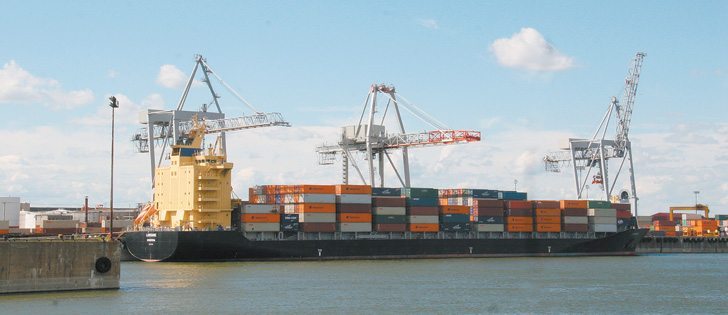It may have been a rhetorical question, but western Canadian farmers did not care.
When prime minister Pierre Trudeau asked protesting farmers in Saskatoon, “why should I sell your wheat?” in 1969, he obliterated the Liberal vote in rural Western Canada. In farmers’ view, that question simply illustrated Trudeau’s arrogance and lack of understanding of the West. It didn’t matter that Trudeau’s rehetorical question was taken completely out of context. Coupled with Trudeau’s energy policies, crippling at the time to Alberta, any significant Liberal vote was toast — and remains so today.
Read Also

Higher farmland taxes for investors could solve two problems
The highest education and health care land tax would be for landlords, including investment companies, with no family ties to the land.
In 1968, Trudeau won 27 out of 68 western seats; in 1980, he managed two out of 77. In 2011, the Liberals won four of 92.
Is it possible that federal NDP leader Thomas Mulcair is unaware of this history? As the new opposition leader, striving for the prime minister’s office, he should reconsider alienating the West, not that the NDP vote is all that strong now.
Mulcair is arguing that western energy resources are pulling up the dollar and dragging down manufacturing. This is a natural west versus east rift-creator, which is also debatable. Some economists dispute the dollar relationship, attributing a part of manufacturing’s decline to energy exports.
The second part of Mulcair’s argument is that polluters should pay — specifically, that the companies yanking bitumen out of the ground in Alberta should be nailed for their emissions. Perhaps they should, but it is not logical to focus only on the oilsands with this argument. Manufacturers also create significant emissions. Would new taxes on emissions also be applied to the eastern companies that Mulcair is defending?
Furthermore, should Mulcair win this argument, what effects might there be on other western industries, such as potash mining? Several such industries have a considerable impact on the economic health of rural Western Canada.
It seems Mulcair is pushing away the western vote.
He does so at his peril. It is not just the western vote at stake here, but western power. As the western economies grow, the more political power they generate, the more manufacturing assistance they require, even from Ontario, and the more revenues they contribute to federal coffers.
Alienating the West on a slim energy policy that is not entirely logical may not be his best first salvo.














